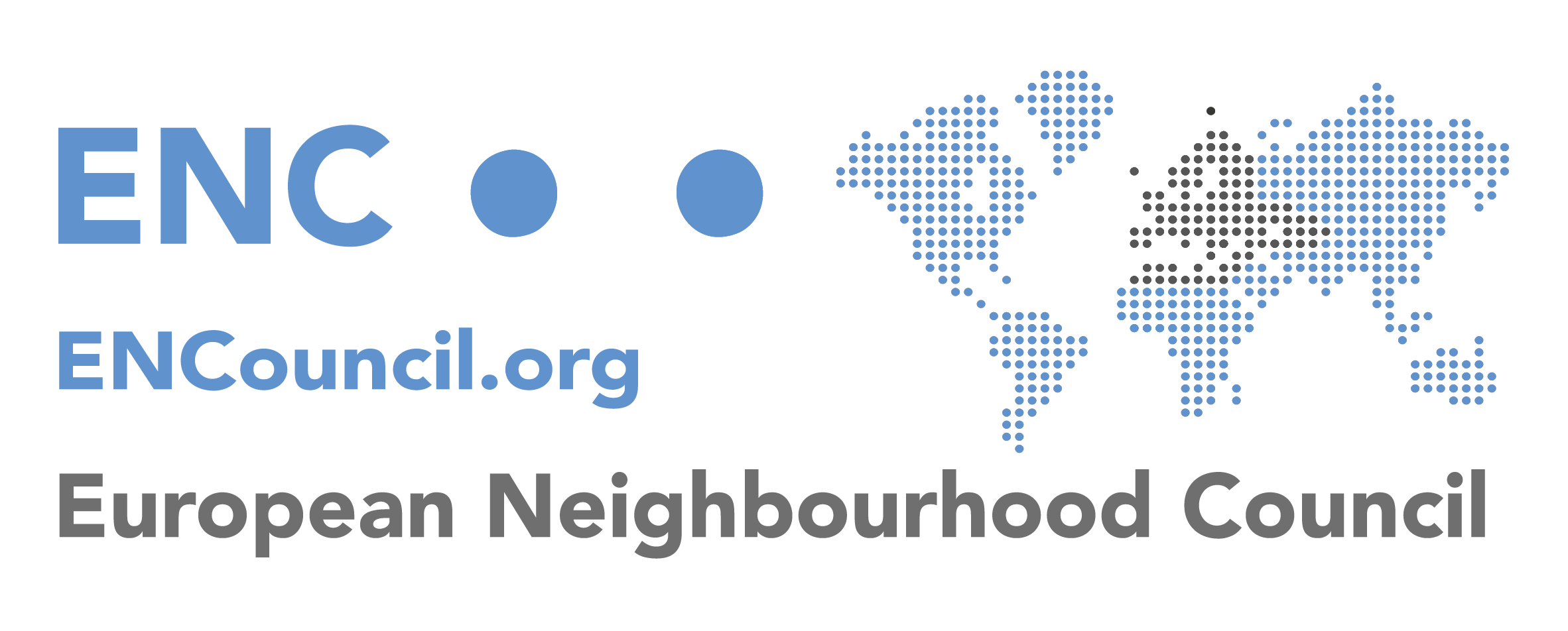Radio interview with Andreas Marazis on the new Ukrainian language law
Ukrainian President Petro Poroshenko has signed Law of Ukraine No. 2145-VIII on Education which was adopted by the Verkhovna Rada on September 5, 2017. Several groups such as Poles, Romanians, and Hungarians, all of which have sizable ethnic communities in Ukraine raised concerns about the new bill.
The Slovak Public Television and Radio (RTV) interviewed ENC Head Researcher for Eastern Europe & Central Asia on the potential implications of the new Ukrainian language law. The full text of the interview can be found below as well as part of his radio interview (in Slovak).
Interview
RTV: Why is the signed language bill controversial? Can you explain the sharp reaction by Hungary and Romania?
AM: Ukraine’s president has signed into law (25/09) a controversial bill that makes Ukrainian the required language of study in state schools from the fifth grade on. The bill does not exclude lessons in other languages; students can still learn their native languages as a separate subject. This law will be gradually implemented and will enter fully into force by 2020.
Ukraine is a multi-ethnic country with at least 10 ethnic minorities. Hungarian’s (0,3%) and Romanians (0,8%) are among them.
Previously, students in Ukraine were able to study all 11 years in the language of an ethnic minority living in Ukraine, meaning that all lessons were conducted in the minority language, and the state Ukrainian language was present only in studying separate subjects – Ukrainian language, literature, history.
The new law changes that. Starting from Grade 5, the education process will be in Ukrainian. Minority languages and the literature of the minority will be studied as courses. Additional subjects may also be studied in the language of the minority (the exact list is to be worked out later).
Hungarians, Romanians, Bulgarians, Polish and Russians complain that the new law will forcefully establish a mono-ethnic language regime in a multinational state and that this change is unconstitutional. More specific the law, according to MFA from the respective countries, violates the European charter for regional languages, the Law on national minorities in Ukraine, and Ukraine’s international agreements with its neighbouring countries.
RTV: What is the internal political rationale behind this bill?
AM: Language has become a hot issue across the country, particularly in eastern regions where the majority of the population speaks Russian as its first language. Let me highlight here that ethnic Russians make up to 17% (8 million) of Ukraine’s population of 45 million.
The 2012 language bill, which I referred to before, allowed for minorities to introduce their languages in regions where they represented more than 10% of the population. This would mean the adoption of regional languages in about 13 of Ukraine’s 27 regions, some went as far as saying that this would strengthen the split between western and eastern Ukraine.
There are more than 15,000 schools across Ukraine. Of these, Russian is used as the primary language in 581; Romanian in 75; Hungarian in 71; and Polish in five.
Ukrainian Education Minister Liliya Hrynevych added that members of minority communities in Ukraine should speak Ukrainian fluently to succeed in Ukraine.
However this law is aimed at protecting the Ukrainian language and identity (mainly against Russian language), but it is also a matter of funding. In most European countries secondary and university education in minority languages is financed from private sources, not the state.
RTV: Did the singing by Ukrainian President Poroshenko of the language bill that makes Ukrainian the compulsory language in state schools from the fifth grade on come as a surprise?
AM: First of all, Ukraine has the experience of being split up between various empires and states, each of which attempted to assimilate Ukrainians by prohibiting the use of their native language; especially during the Soviet era.
The current isolation of ethnic minorities is another reason for wanting to increase teaching in Ukrainian in schools. According to Mrs. Hrynevych, 36% of 2016 school graduates in Zakarpattia Oblast failed their Ukrainian language final exam. In its predominantly populated by Hungarians Berehove Raion, that figure rises to 75%. These children have no opportunity to enter Ukrainian universities and are de-facto cut off from Ukrainian society. This will eventually breed isolationism and separatism, a topic quite sensitive at the moment to say the least, given the situation in Donbas.
RTV: What will the effect of this bill be on the EU-Ukrainian relations?
AM: Despite the fact that the contested Article of the law has been already sent for review to the Council of Europe and that Ukraine will collaborate with the embassies of the affected states on the implementation of the 7th Article of the law, Hungary has threatened to block Ukraine’s further integration with Europe. Bulgaria pledged to do the same. Romanian President cancelled his visit to Kyiv protesting for the bill. The foreign ministers of Hungary, Greece, Romania, and Bulgaria have also complained to the Council of Europe and OSCE about the violation of the rights of their minorities in Ukraine. Having 4 EU member states against you less than two months before the 5th EaP Summit is not a positive sign for Ukraine’s EU aspirations.
RTV: Won’t Ukraine risk finding itself isolated?
AM: When you have such harsh statements such as the one by the Hungarian Minister of Foreign Affairs that Hungary will block all steps within the European Union that would represent a step forward in Ukraine’s European integration process, knowing how institutions such as the EU and NATO operate, based on consensus, then Ukraine indeed will find itself facing a dead end. However all depends on the review of the law by the CoE and whether Poroshenko’s administration will take it into consideration or not.
Radio interview (in Slovak): https://
